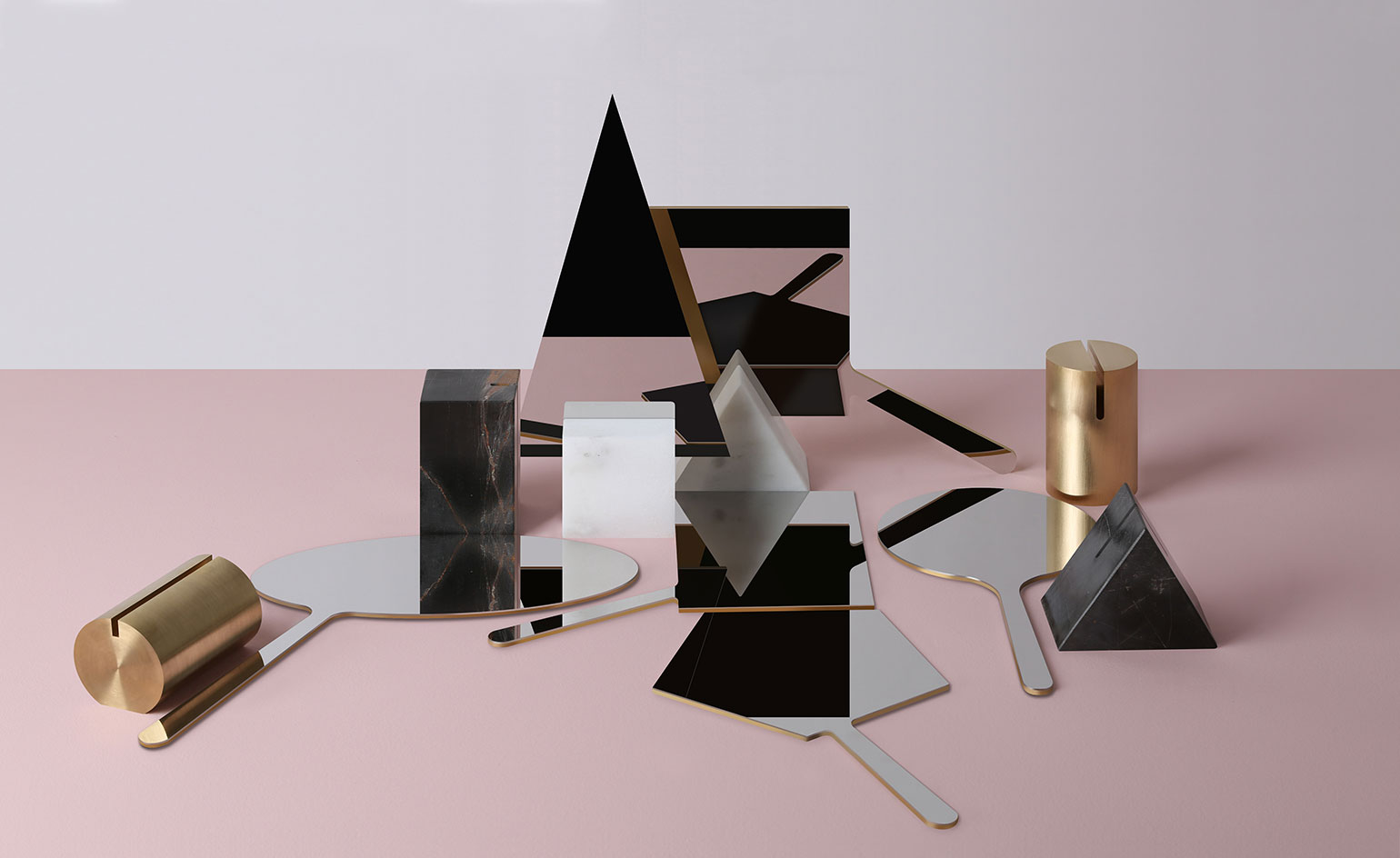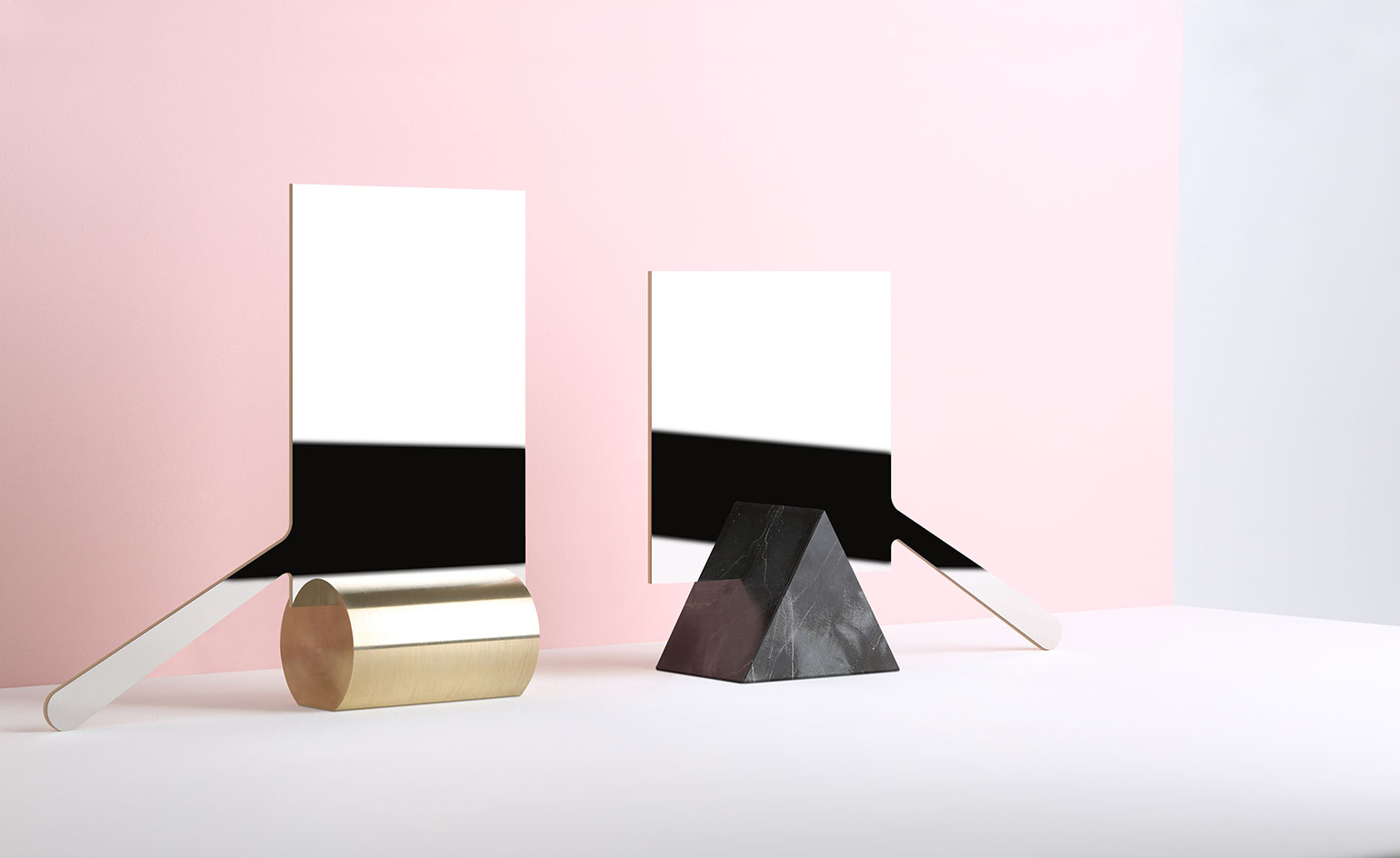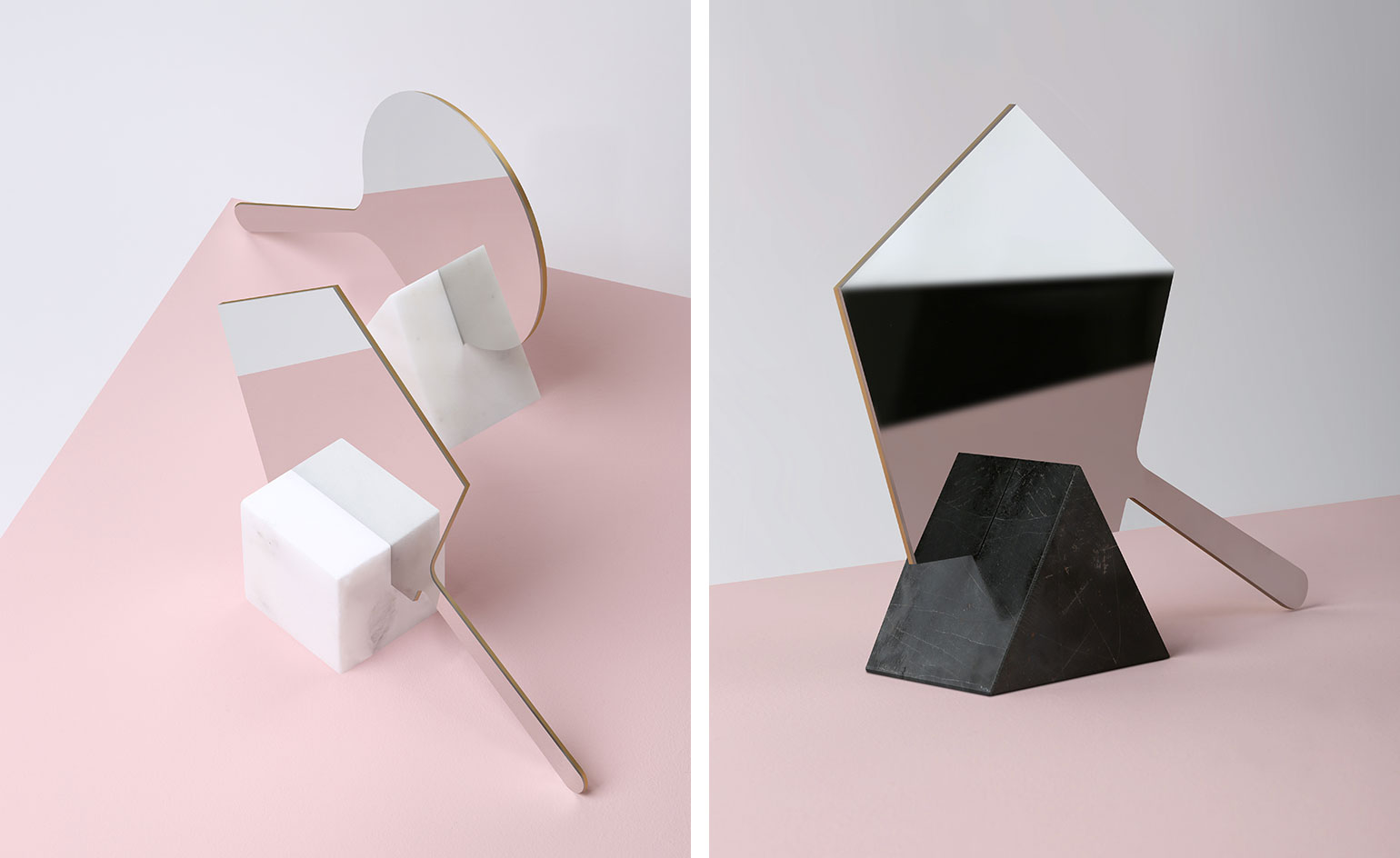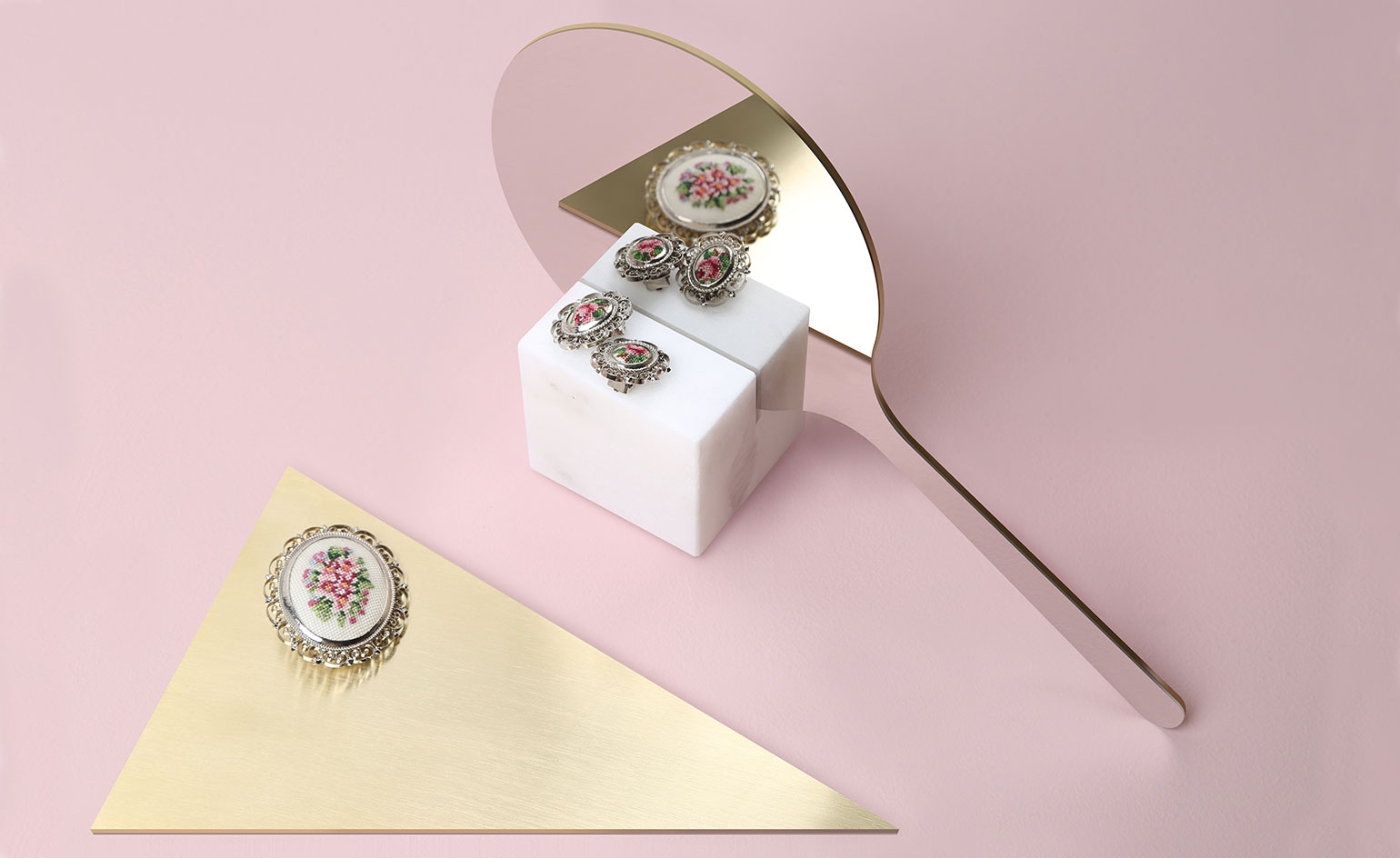
Receive our daily digest of inspiration, escapism and design stories from around the world direct to your inbox.
You are now subscribed
Your newsletter sign-up was successful
Want to add more newsletters?

Daily (Mon-Sun)
Daily Digest
Sign up for global news and reviews, a Wallpaper* take on architecture, design, art & culture, fashion & beauty, travel, tech, watches & jewellery and more.

Monthly, coming soon
The Rundown
A design-minded take on the world of style from Wallpaper* fashion features editor Jack Moss, from global runway shows to insider news and emerging trends.

Monthly, coming soon
The Design File
A closer look at the people and places shaping design, from inspiring interiors to exceptional products, in an expert edit by Wallpaper* global design director Hugo Macdonald.
The vanity hand mirror harkens back to an era of gentility, when manners were more refined, collars more ruffled, and leisure more abundant. Richly patterned, gilded and occasionally even bejewelled, they tend to exude an antiquated charm.
Lebanese designer Richard Yasmine believes this doesn't have to be the case. His new series of hand mirrors, called 'Ashkal' are simple, shapely, and appealing to even the most avowed minimalist.
'Ashkal' is an Arabic word which means 'shapes' or 'forms'. Taken figuratively, it describes different types of characters or faces, making it the perfect moniker for Yasmine's mirrors, which are essentially Euclidean shapes – a circle, oval, triangle, square, rectangle and a pentagon – cut from a delightfully slender sheet of polished stainless steel. There is a popsicle stick-like handle on the side, created in the exact same material and thickness, so that it becomes part of the mirror surface itself.
Each mirror comes with its own pedestal – a substantial block of brushed brass, white Greek marble or black Tunisian marble, with a thin slit along the top. When slotted in, the mirrors look as though they are cutting into their pedestals. In Yasmine's words, they give the image of 'a surrealistic oversized fashionable cutlery set'.
'Ashkal' was commissioned by the Sursock Museum, a 1912 building combining Venetian and Ottoman styles in the heart of Beirut, which has since become a contemporary art institution. Yasmine's brief was to create something reflective of the Sursock’s history and style, to be sold exclusively at the museum store. He says the shapes of his mirrors were derived from the stained glass windows on the museum façade.
'The mirrors are nostalgic but contemporary design objects,' explains Yasmine. 'They allow us to dive into our own memories, but also bring us back to the early sixties, when the Sursock Museum opened its doors.'

The mirrors are simple, shapely, and appealing to even the most avowed minimalist

The shapes of the mirrors were derived from the stained glass windows at the Sursock Museum, Beirut, who commissioned Yasmine’s design for their store

’The mirrors are nostalgic but contemporary design objects,’ explains Yasmine. ’They allow us to dive into our own memories, but also bring us back to the early sixties, when the Sursock Museum opened its doors’
INFORMATION
For more information visit Richard Yasmine’ website as well as the Sursock Museum website
Photography: BizarreBeirut
Receive our daily digest of inspiration, escapism and design stories from around the world direct to your inbox.
TF Chan is a former editor of Wallpaper* (2020-23), where he was responsible for the monthly print magazine, planning, commissioning, editing and writing long-lead content across all pillars. He also played a leading role in multi-channel editorial franchises, such as Wallpaper’s annual Design Awards, Guest Editor takeovers and Next Generation series. He aims to create world-class, visually-driven content while championing diversity, international representation and social impact. TF joined Wallpaper* as an intern in January 2013, and served as its commissioning editor from 2017-20, winning a 30 under 30 New Talent Award from the Professional Publishers’ Association. Born and raised in Hong Kong, he holds an undergraduate degree in history from Princeton University.